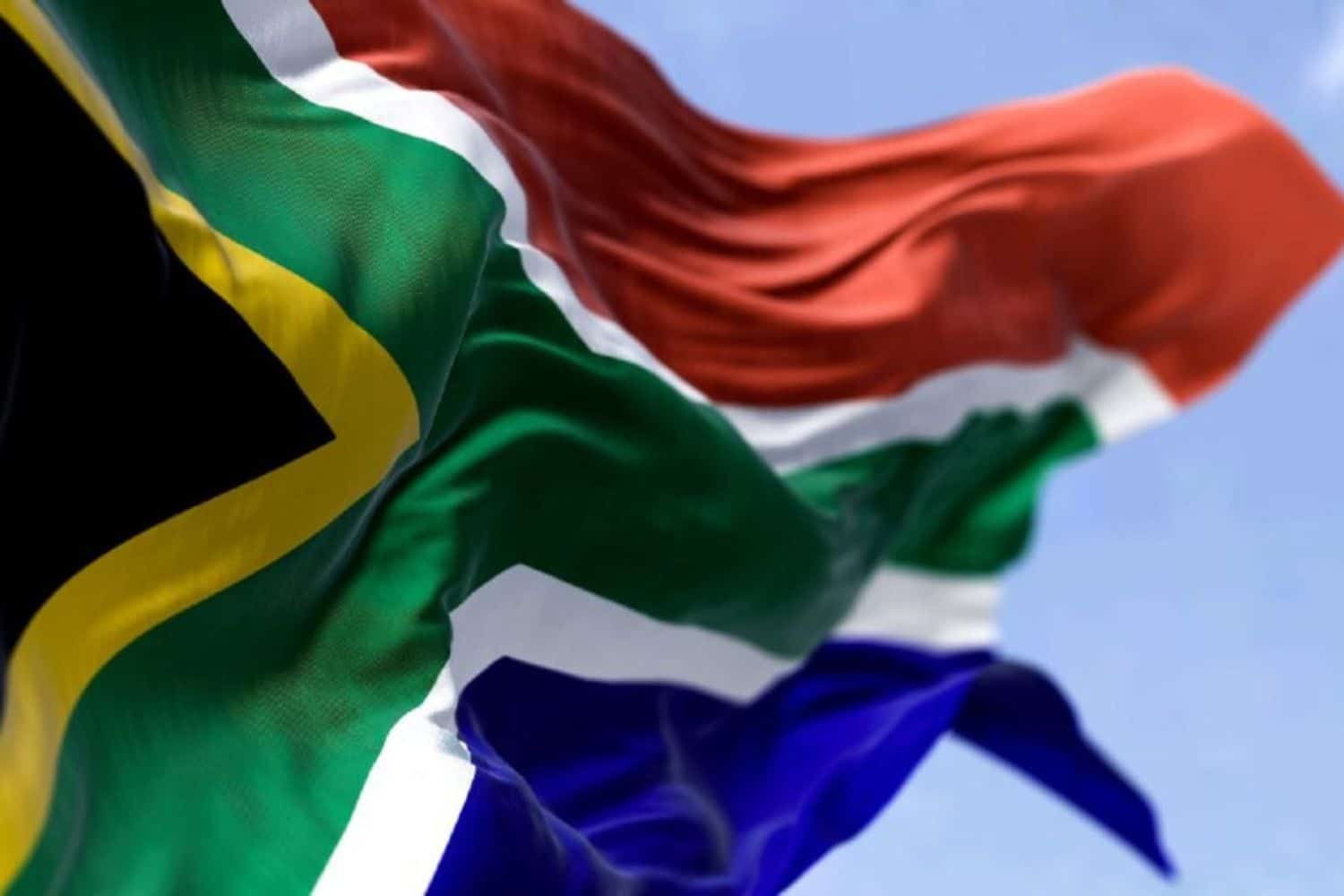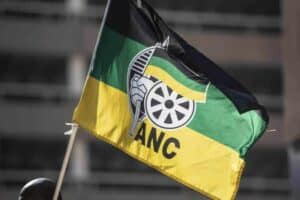Initially, it was estimated that the dialogue would cost the country R700 million.

South Africans will have to wait a while until they find out the real cost of the upcoming National Dialogue.
This comes after the Preparatory Task Team (PTT) on Monday told the media that there is no fixed budget for the dialogue.
They said 60% of funding for the dialogue will come from the government and 40% will come from other sources, such as donations.
“The budget that people were talking about, the R700 million and so on, it was a budget prepared by the preparatory task team, it is not a government budget.
“The conceptual framework of how this dialogue is going to be funded was that 60% is going to be funded by government fiscus and 40% will be funded in cash and in kind by donors, so whether it is actually business or the private sector,” said Boichoko Dithlake, one of the organisers.
Request for donations
Ditlhake said a request has been made to municipalities and other sectors of society to help with venues for the ward-based community dialogues that are expected to start once the groundwork has been laid.
“Civil society has already done a lot of organisations which have infrastructure like churches and local government, they will come to the party with venues and so on,” he said.
However, he said the ward-based dialogues are expected to be more costly.
“Most of the money is going to fund community dialogues, which are going to happen at wards and in different sectors, so it is expected that we are going to have three dialogues per ward for the duration. I think it comes to 13 600 dialogues, that is where the issues are going to be taking place, that is where ordinary people are going to discuss about the South Africa they want,” he said.
Why the rush for the first convention?
Last week, several legacy foundations pulled out of the organising committee, expressing concern about the rushed nature of the dialogue’s organisation.
However, Ditlhake said it was necessary to launch the convention on 15 August so that communities can begin engaging.
“The first convention is a kick-off, it’s blowing the whistle in many respects, so this is really an announcement that the National Dialogue process has started in earnest,” he said.
Who will attend the convention?
Ditlhake said a number of representatives have been invited from different sectors in society to the first convention this week. The first convention will then produce a framework of how the dialogue should take shape until a social compact is produced next year.
“As [of] yesterday, 557 people from 28 sectors had confirmed attendance. Other sectors and organisations are coming forward on a daily basis to apply for participation in the first National Convention,” he said.
Logistics for the first convention
Ditlhake and his co-organisers could not give a figure for how much the first convention will cost. But they said the University of South Africa (Unisa) will be donating most of the resources for the first convention, which includes the venue, associated goods and services, free of charge. Unisa will also provide facilities for an Operations Centre, catering, ushers, AV services, printing of discussion documents, signage, conference bags, notepads, pens, and WiFi.
“Other government agencies will also chip in by donating transport services and other items that will be needed for the convention.
“Delegates will travel by air from the Western Cape, Eastern Cape, KwaZulu-Natal, and Northern Cape. Buses are being organised with provincial governments for Gauteng, Mpumalanga, North West, Limpopo and Free State,” he said.
Will legacy foundations attend?
Meanwhile, the organisers said they are not sure if former president Thabo Mbeki will attend the first national convention this week. They said his foundation is in a position to confirm whether he is attending or not.
Ditlhake also confirmed that the organising committee had received a R2 million donation towards the organising of the first convention from the Kagiso Trust.
Shuttles, Gautrain, and the Passenger Rail Agency of South Africa will be used for local transport. Delegates will be accommodated at five hotels nearby.
The reduced costs associated with the hosting of the National Dialogue and the funding plan are intended to reduce the burden on the fiscus.
NOW READ: National Dialogue must be place for ‘women to raise their voices’, Ramaphosa says






